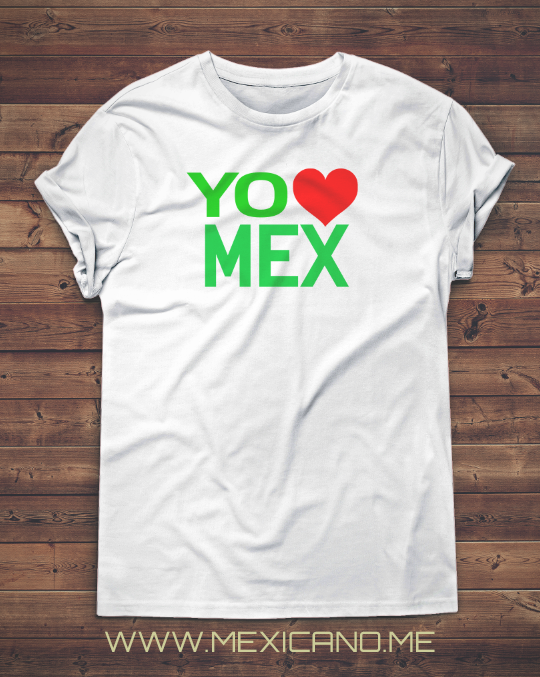Flex
Member
The Drug Enforcement Administration (DEA) is often seen as an agency that targets criminal organizations involved in drug trafficking. However, there are some who believe that the DEA is only actively targeting one specific cartel while ignoring the other, essentially making them a "king maker" in determining which cartel rises to the top. This controversial theory raises questions about the DEA's true intentions and the impact it has on the overall landscape of Mexican cartels. In this post, we will explore this idea and delve into the implications it may have on the drug trade in Mexico.
The notion that the DEA is playing favorites when it comes to targeting cartels is not a new one. Some critics argue that by focusing primarily on one cartel, such as The Sinaloa Cartel, the DEA inadvertently strengthens the position of other cartels within the drug trade. This can lead to increased violence and instability as rival cartels vie for power in response to this imbalance. Additionally, it raises concerns about corruption within both the DEA and the cartel they are allegedly supporting by "ignoring" them.
Furthermore, this theory also highlights the complex relationships between law enforcement agencies and criminal organizations. It begs the question of whether or not certain cartels are being protected or allowed to operate with relative impunity while others face constant scrutiny and crackdowns. This creates a sense of inequality within the drug trade and can have far-reaching consequences on both sides of the border.
It is important to note that these claims are still largely speculative and based on circumstantial evidence. However, they do shed light on the complexities of combating drug trafficking in Mexico and raise valid concerns about potential biases within law enforcement agencies. As tensions continue to escalate among rival cartels, it is crucial for authorities to maintain transparency and accountability in their efforts to combat organized crime.
The idea that the DEA may be inadvertently playing favorites when targeting Mexican cartels is certainly a controversial one. While there is no concrete evidence to support these claims, they do prompt important discussions about law enforcement tactics, accountability, and ethics in combating organized crime. As tensions continue to rise in Mexico's drug trade, it is essential for all parties involved – including law enforcement agencies, government officials, and community members – to work towards creating a more equitable and just system for addressing these complex issues. Only then can we hope to see lasting change and stability in Mexico's fight against drug trafficking.
The notion that the DEA is playing favorites when it comes to targeting cartels is not a new one. Some critics argue that by focusing primarily on one cartel, such as The Sinaloa Cartel, the DEA inadvertently strengthens the position of other cartels within the drug trade. This can lead to increased violence and instability as rival cartels vie for power in response to this imbalance. Additionally, it raises concerns about corruption within both the DEA and the cartel they are allegedly supporting by "ignoring" them.
Furthermore, this theory also highlights the complex relationships between law enforcement agencies and criminal organizations. It begs the question of whether or not certain cartels are being protected or allowed to operate with relative impunity while others face constant scrutiny and crackdowns. This creates a sense of inequality within the drug trade and can have far-reaching consequences on both sides of the border.
It is important to note that these claims are still largely speculative and based on circumstantial evidence. However, they do shed light on the complexities of combating drug trafficking in Mexico and raise valid concerns about potential biases within law enforcement agencies. As tensions continue to escalate among rival cartels, it is crucial for authorities to maintain transparency and accountability in their efforts to combat organized crime.
The idea that the DEA may be inadvertently playing favorites when targeting Mexican cartels is certainly a controversial one. While there is no concrete evidence to support these claims, they do prompt important discussions about law enforcement tactics, accountability, and ethics in combating organized crime. As tensions continue to rise in Mexico's drug trade, it is essential for all parties involved – including law enforcement agencies, government officials, and community members – to work towards creating a more equitable and just system for addressing these complex issues. Only then can we hope to see lasting change and stability in Mexico's fight against drug trafficking.


